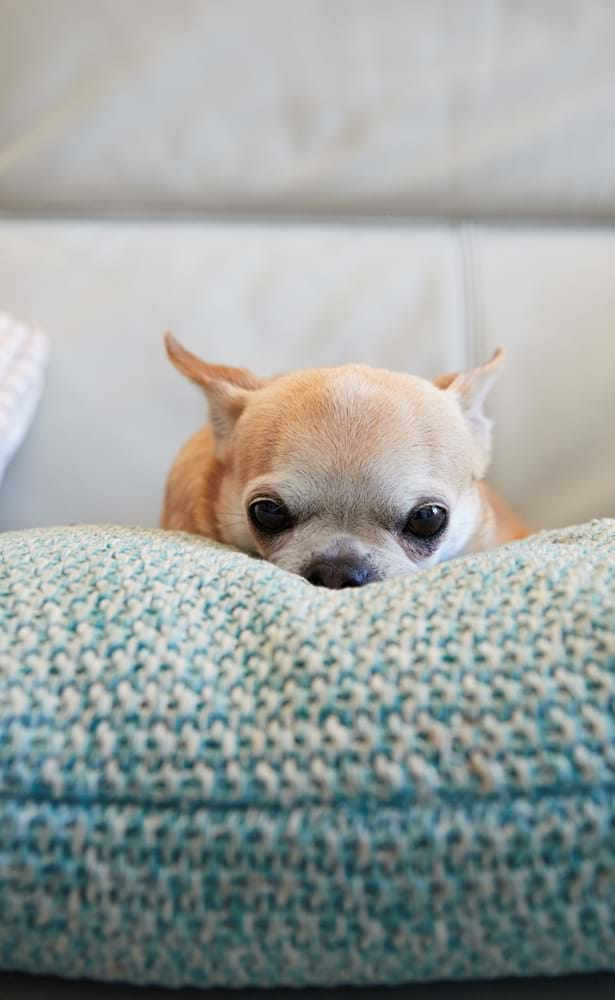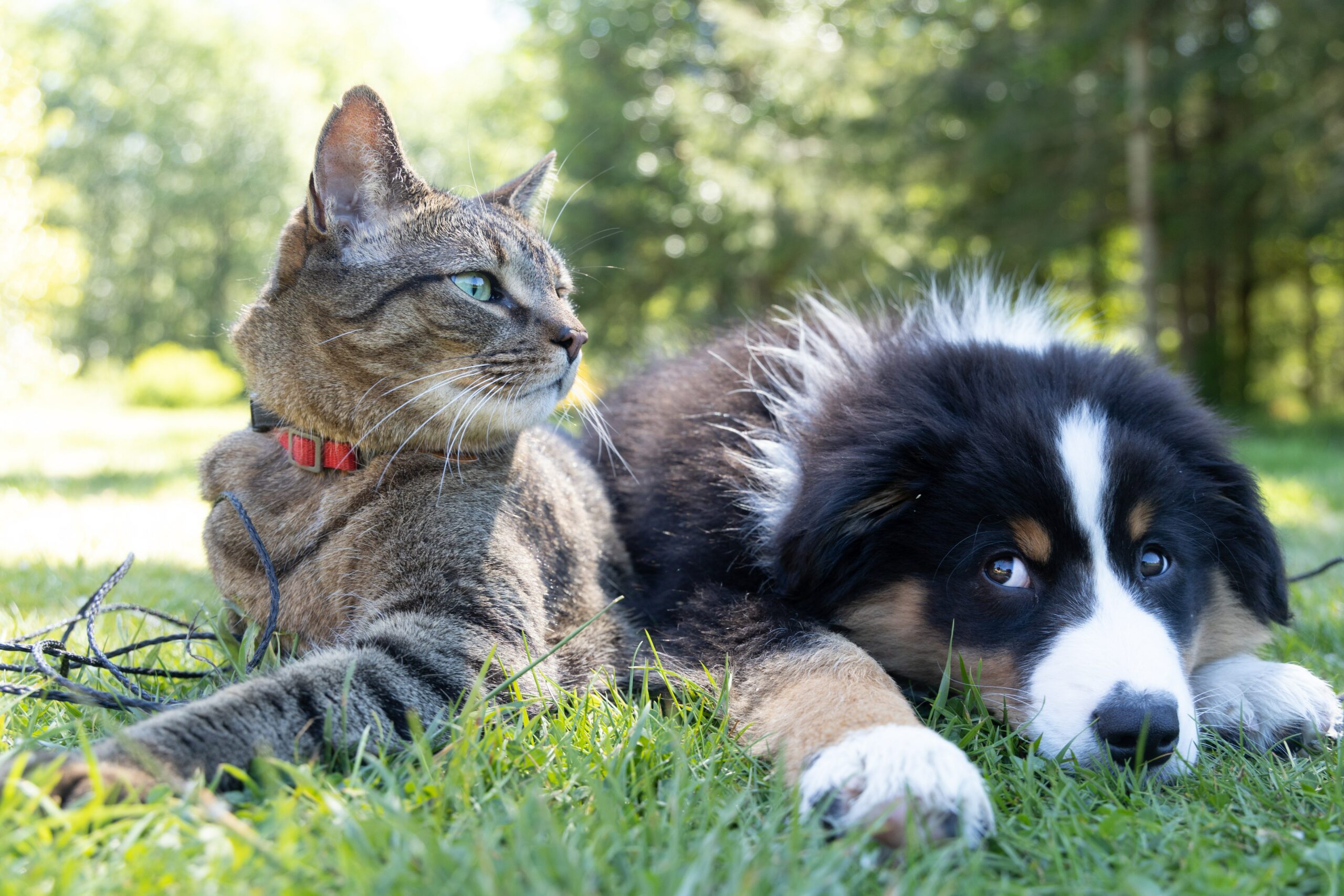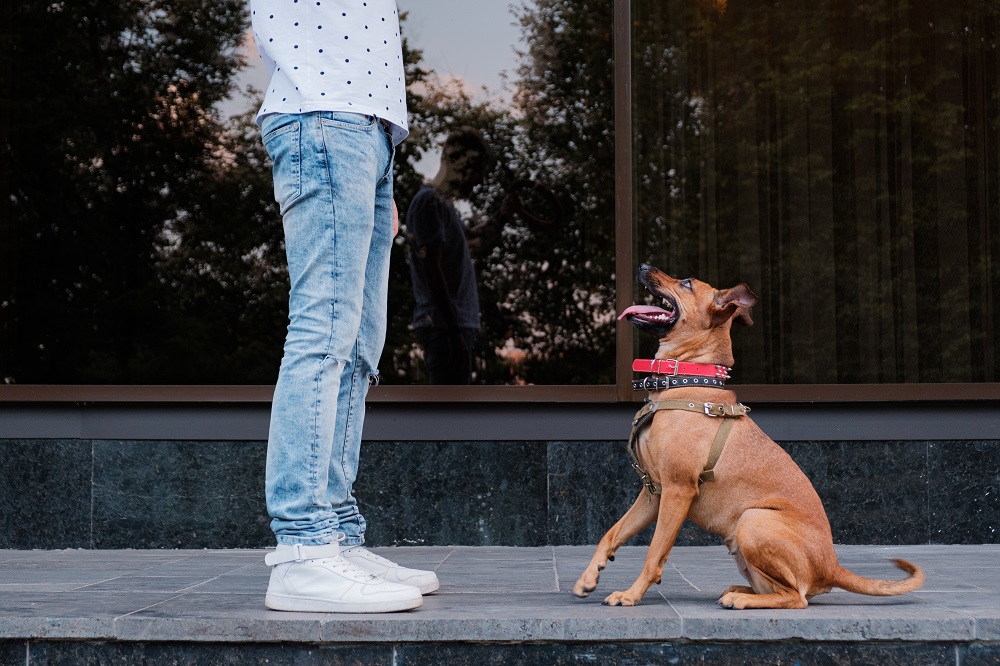Pets
We know that pets are important to people, so if you want to keep a pet in your home please read the information below then answer the questions in the form further down this page.
We have simplified the process for applying for a pet in your home (in many instances you won’t need to ask for our permission). If you want to apply for permission to keep a pet in your home, please apply now.
We want customers to be treated in a fair and equal way. The information on this page is designed to guide you on the best ways to have a pet in your home.
When considering requests for permission to keep pets, our priority is ensuring that any animals in our homes are well cared for, and do not cause a nuisance to neighbours or damage to your home or the surrounding neighbourhood.
Customers requesting permission to keep a pet may qualify for automatic approval, if certain conditions are met. Just answer a few short questions to find out whether you qualify for automatic approval.
What happens if I don’t qualify for automatic approval?
Don’t worry, just submit your request and one of our Neighbourhood Team will review this and get in touch with you to discuss this as soon as they can.
I’m a new customer, what does this mean to me?
When you’re offered your home with us, the Neighbourhood Allocations Officer will use the criteria in the form below to determine whether we can automatically allow you to have a pet in your home.
If for any reason automatic approval is not granted, then the Neighbourhood Allocations Officer will work with one of our Neighbourhood Officers to see whether permission can be granted. They will keep you informed throughout this process.
In line with our Allocations Policy, the Neighbourhood Allocations Officer can withdraw an offer of housing if it is identified that the applicant(s) have needs or circumstances that would make the property unsuitable.
We will ensure that any new customers receive a copy of the Pet Guidance booklet when signing for their home.
Are there any pets I am not allowed to keep?
We will not agree to a customer keeping the following:
- an animal listed as dangerous under the Dangerous Wild Animals Act 1976; this includes certain snakes. Check the schedule of the Act for further details.
- a dog listed in the Dangerous Dogs Act 1991. Check the schedule of the Act for further details
Pets are kept in line with our Tenancy Agreement and any mismanagement of pets will be considered a breach of this agreement and dealt with in the usual manner.

Asking for Permission
When considering your request, we will consider the following:
- The type of property you live in
- How many pets you already have
- The type of pet
- Your history of keeping pets
For some requests, we cannot give automatic permission. If this is the case, we will consider each application on its own merit, and give you a decision within 10 working days. Some requests may need a visit from your Neighbourhood Officer before permission can be given.
We may refuse permission if we believe the pet is unsuitable for the type of property you live in, or if we believe that there will be a negative impact on the animal or other residents. We will consider all requests based on your own individual circumstances and will not refuse permission unless we have a genuine reason to do so.
If you want to apply for permission to keep a pet in your home, click here.
Things to consider before getting a pet
While we appreciate the positive impact that a pet can have on lifestyle, wellbeing and loneliness, there are some things you may want to consider before getting a pet:
Your responsibilities as an LHP customer
You are responsible for any pet/animal owned by you, living with you or visiting your home.
You are responsible for caring for the pet properly. This includes vet care such as flea/worm treatment, bathing and grooming and vaccinations.
Your pet should also have proper shelter, bedding, and access to water and food.
It is your responsibility to make sure your pet does not cause nuisance, annoyance or danger to neighbours, including fouling, noise and smells
You are responsible for any damage your pet causes to your home, and you will be asked to put right, or pay for, any damage. This includes in communal areas of flats, gardens and grassed areas as well as inside your own home.
You must not use your home for the commercial breeding of pets, unless you have our permission to do so. Conditions of the Tenancy Agreement relating to the running of a business from an LHP property also apply.
Any outdoor structures, other than a hutch and exercise pen for small mammals, must first be agreed in writing, including plans of the structure. This will need to be done at the time of applying for permission to keep the pet(s) for example an aviary, pigeon loft or chicken coop.
LHP take any cases of cruelty or neglect seriously and will work with the RSPCA and/or other agencies to remove the pet if necessary. LHP reserves the right to withdraw permission for any animal should we have concerns about the pets health or wellbeing.

Keeping pets in buildings with communal areas
LHP does not have a blanket ‘no pets allowed’ policy for any property type and we will consider each application on its own circumstances. We recognise research which has shown the benefits of owning a pet and the ways in which they can be good for an individual’s wellbeing. It also understands the distress caused at having to rehome a pet in order to move into appropriate housing. At the same time, we must consider other residents who live in the building.
We will expect you to not allow your pet to wander corridors or hallways and to ensure any mess is cleared up both inside and outside. Your pets should be under control at all times, and not cause any harm or distress to other residents with noisy or aggressive behaviour.
Food bowls or litter trays should not be left in communal areas. We reserve the right to remove these with no notice if such items are left in communal areas.

Pet types
Caring for your pet
There are plenty of charities and organisations that can provide you with more information on how to properly care for your pets. If you have an unusual pet, there may be specific organisations for that breed or animal. We’ve linked some useful resources below.
Useful Links
Tenancy Management Policy
Tenancy AgreementThe Animal Welfare Act 2006
Click hereDangerous Dogs Act 1991
Read moreDangerous Wild Animals Act 1976
Read moreThe Anti-Social Behaviour, Crime and Policing Act 2014
Read moreClean Neighbourhoods and Environment Act 2005
Read moreThe Microchipping of Dogs (England) Regulations 2015
Read moreThe Equality Act 2010
Read moreOur guidance on XL Bullies
Changes to laws regarding XL Bully dogs